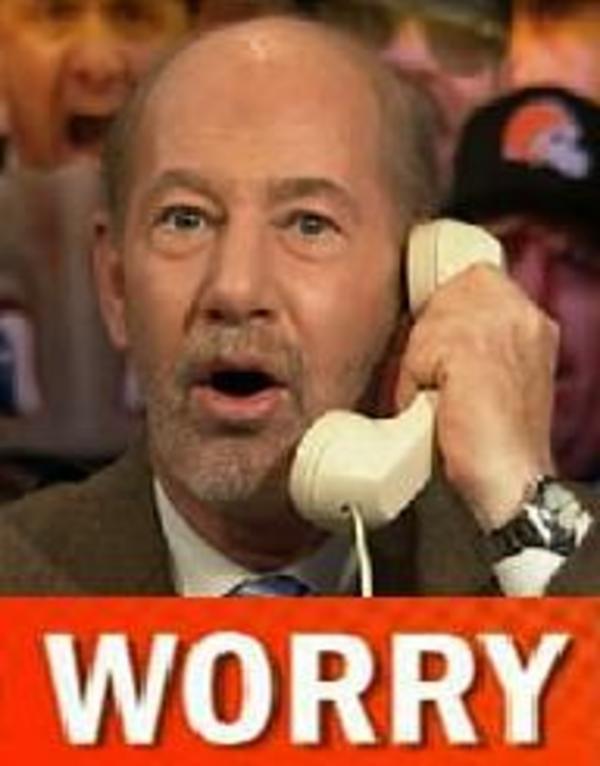
2. Sparks fly: a cabinet reshuffle
One of the first "test" of the relation between the King and his president came in relation with the Council of the Realm, as there was a vacant post. Alejandro Rodríguez de Valcárcel, who was the president of the Council, died on November 22, 1975, and several names were proposed to replace him, among them Torcuato Fernández-Miranda. He had been entrusted with the political education of Prince Juan Carlos by Franco himself and had the trust of the King.
He had been named speaker of the
Cortes (the legislature) and now the King was suggesting him to be also the president of the Council,too. Futhermore, he had been Carrero Blanco's principal deputy prime minister and one of the top candidates to succeed Carrero. Thus the Admiral, a loyal servant of the King, proposed the name to the Council of the Realmt that, on his meeting of December 1st, gave its approval to Carrero's proposal.
At the same time, the first dissapointment came at this very juncture of time. Since the failed murder attempt by ETA, Carrero had been waiting for the chance to replace Carlos Arias Navarro, the interior minister, for his less than illustrious role in the mentioned affair. However, even if now looked as the right moment, there was a difference between the King and his president, as Juan Carlos suggested the name of Manuel Fraga, then ambassador in London, but Carrero couldn't stand him and was more than happy to have him far away.
The King prefered to have Fraga close and at hand, that angered and away, but, in the end, Carrero got the upper hand and Arias Navarro was replaced by José García Hernández, a budget expert and former civil governor of various provinces, including Lugo and Las Palmas. In exchange, the king could push some of "his" men into the new cabinet: José María de Areilza and Antonio Garrigues Díaz-Cabañete, and some "minor" figures, as Adolfo Suarez and Rodolfo Martín-Villa, even if he couldn't have Manuel Gutiérrez Mellado as one of the vice-presidents of the new cabinet.
"Never mind", thought the King. "Time is on my side".
However, another, and stronger, disagreement rose between Juan Carlos I and Carrero Blanco: the question of the political parties. It took place at an unformal meeting when, just at "random", Fernandez Miranda mentioned the question. It is not possible for us to know if Carrero Blanco reminded at once a meeting that took place on November 1973 when Fernández Miranda also suggested the topic, but his reaction now was quite similar to the one he had two years ago.
Even if Fernández Mirada was quite "tactful" about the issue and refered just to "political participation" and did not say a word about political parties, Carrero jumped at once. Even if he agreed that something had to be done (his words were "Tal como estamos no podemos seguir" -1-), he was not as concerned about that there were not real political parties but to the fact that
Movimiento Nacional (2) meant little to many Spaniards. Thus, he began to play for time and to drag out the while issue as much as he could.
Of course, the King thought otherwise.
(1) "We cannot go on in the present way".
(2) The
Movimiento Nacional was a mixture of a single-party state (Falange Española Tradicionalista y de las Juntas de Ofensiva Nacional Sindicalista ),
the trade union organization, called
Sindicato Vertical and the civil service, so to speak. A wonderful mess in the Francoist way of doing things, if you ask me.




